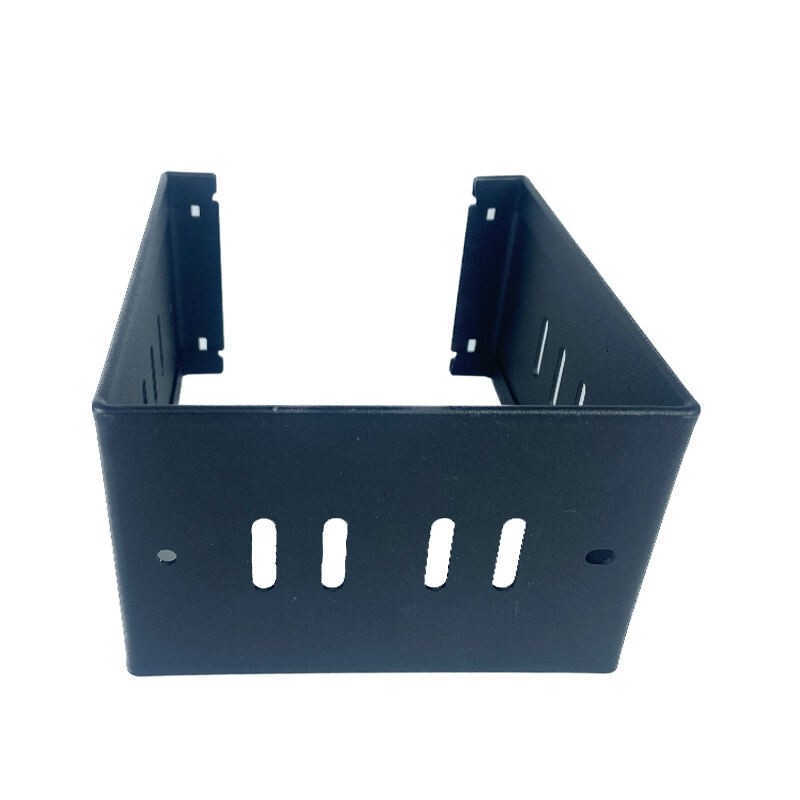aluminum stamping
Aluminum stamping is a sophisticated manufacturing process that transforms aluminum sheets into precise, functional components through controlled force application. This versatile technique employs specialized dies and high pressure equipment to create complex shapes and designs in aluminum materials. The process begins with flat aluminum sheets that are fed into stamping machines, where they undergo operations like blanking, piercing, forming, and drawing to achieve desired configurations. Modern aluminum stamping incorporates advanced automation systems and precision controls, ensuring consistent quality across large production runs. The technology is particularly valuable in industries requiring lightweight yet durable components, offering excellent strength to weight ratios and corrosion resistance. The process can accommodate various aluminum grades and thicknesses, making it suitable for both simple and intricate designs. Applications span across automotive components, aerospace parts, electronics housings, and architectural elements. The precision of modern stamping equipment allows for tight tolerances and superior surface finishes, while maintaining cost effectiveness in high volume production scenarios.
